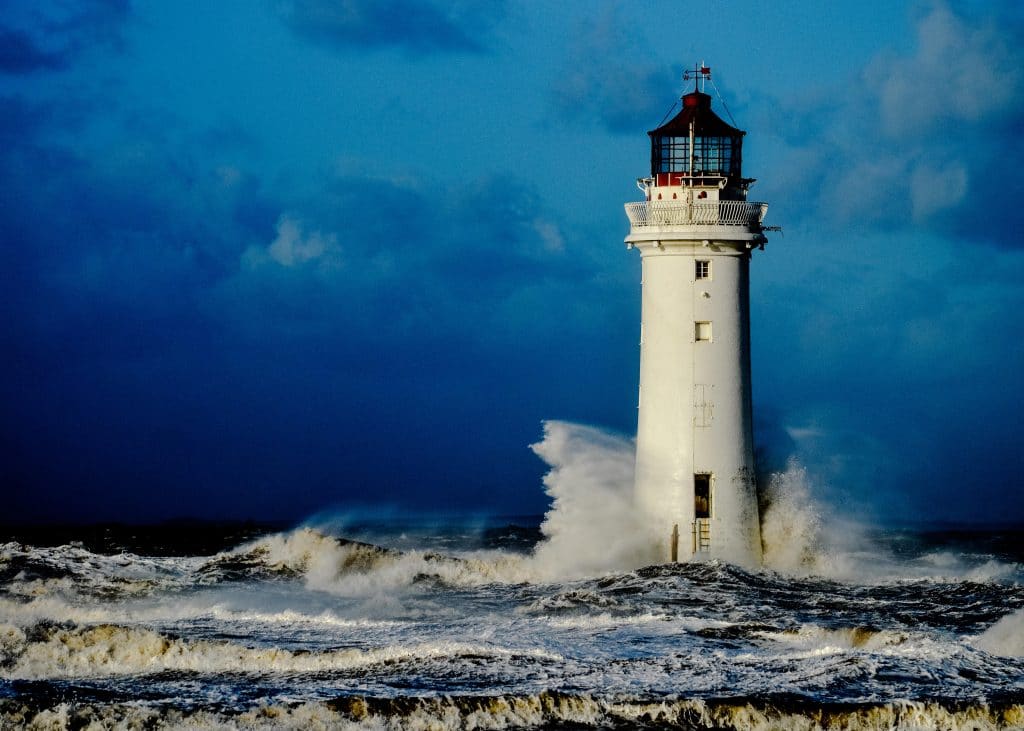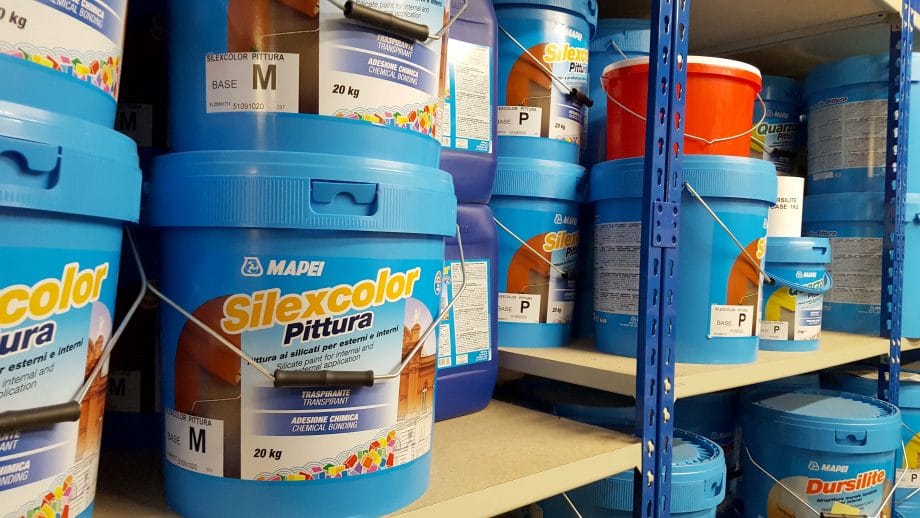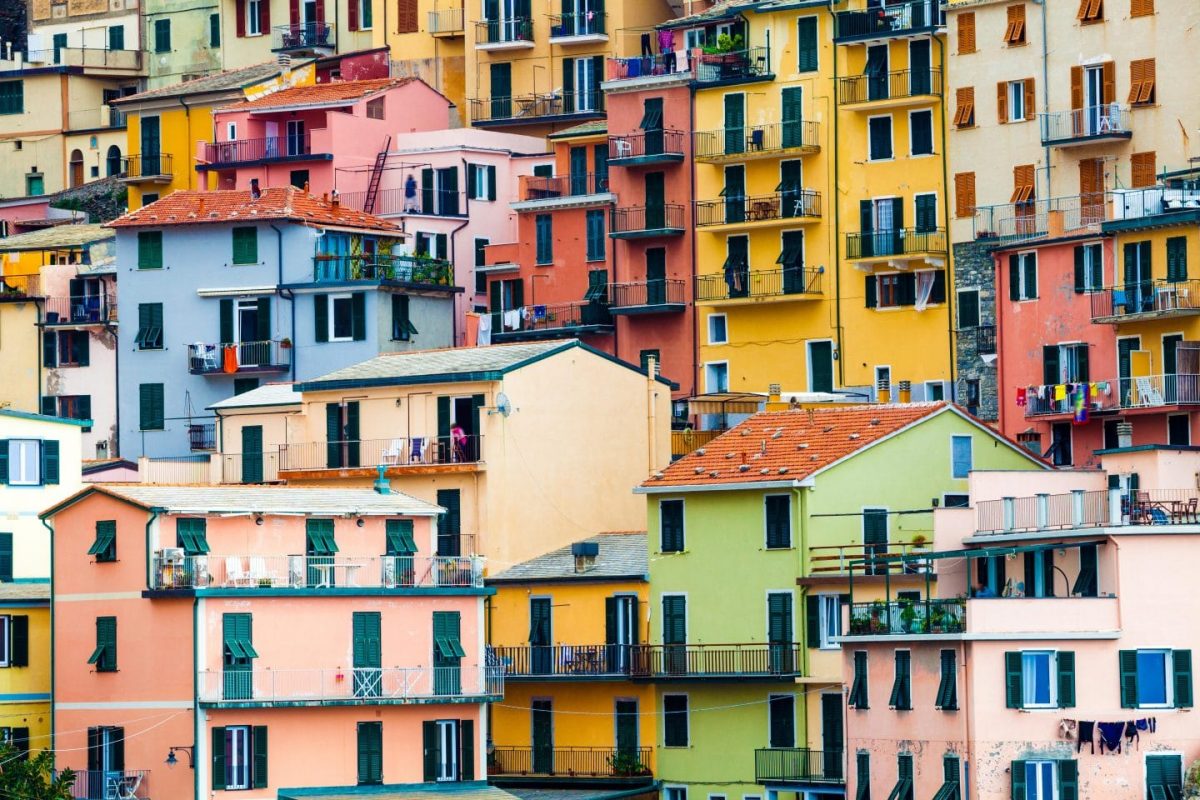As part of our series on masonry paint and exterior wall coatings, we would like to answer some of the most frequently asked questions down to the basics such as what is masonry paint.
What Is Masonry Paint?
What is Masonry Paint used for? Believe it or not this is quite a common question! In a nutshell Masonry Paint is basically the ‘go to’ product for covering most rendered building façades. It’s decorative – giving great kerb appeal, whilst also helping to protect against the elements.
Painting Fletton bricks is not advised – to find out more read our blog on Fletton Bricks here.
We have a whole section dedicated to masonry paint on our website. View our web page here to see all our products: https://www.promain.co.uk/wall-paints-and-coatings/masonry-paint.html
Masonry Paint Uses
Masonry Paint has a variety of uses. It can be used on a multitude of surfaces including concrete, rendering, pebble-dash, metal and soft wood amongst others. As already mentioned though, the main uses of masonry paint are to decorate and protect.
These days, masonry paints are available in a variety of different colours. This means that protecting your home against the elements is no longer limited to just white or magnolia. With the options extended even further by the choice of either a smooth or textured finish (some of which have a 15 year guarantee). Keim mineral paints has been known to have a lifespan of up to 50 years.
There are many ways to help improve the look of your property. Refreshing your masonry paint can really make your home stand out in the market especially when considering a sale. This often also indicates a greater care has been taken with the fabric of the building as well as on a cosmetic level. According to statistics, most potential buyers decide whether they are interested in a property from the initial exterior photograph. The better your house looks, the greater the chance of selling your asset at the asking price.
Read our article on Textured Masonry Paint From Promain here.
Why Choose Masonry Paint over Emulsion?
This is a difficult question to answer as it really depends on your own particular needs. As a general rule, masonry paint is used to paint the exterior of your property, whereas emulsion tends to be more for internal use.
The main reasons for this are that emulsion is at all weather resistant. If exposed externally, emulsion paint will not last. Most masonry paints are breathable which means it allows moisture and vapour to escape from the surface and in turn helps to insulate the property. If you find the walls are wet or damp, this can result in a cold house or building. The use of breathable masonry paint can help to alleviate this problem. Furthermore, emulsion can be removed fairly easily with a wet cloth, masonry paint is both tougher than this and longer lasting.
Masonry paints are mainly produced from acrylic resins, which are far more resistant to weathering and the effects of salt spray and CO2 often present in the air. But we would recommend that for coastal areas advice is taken on the type of masonry paint applied due to the harsh conditions. Again, in built up areas such as towns where there is a high level of pollution from exhaust fumes, an anti carbonation coating should be considered.

These are just some of the reasons why masonry paint is the preferred option for home owners and the construction industry alike.
Just as a point, masonry paint isn’t suitable for horizontal surfaces such as drives and pathways. A specialist product from Promain’s Driveway Category for this use is recommended.
Is Masonry Paint Waterproof?
We are often asked “is masonry paint waterproof?” or “is masonry paint water based?”. Waterproof and water based are two completely different things. Waterproof masonry paint has been formulated to stop the penetration of rain as well as water vapour from penetrating the render. On a single skin house, this water can transmit to the internal rooms of the property. Consequences include mould growth which effects health and well being for the occupants. Water is an excellent transmitter of heat. If the walls are wet, this damp will absorb heat from the house making the rooms feel colder and costing more in heating.
Most masonry paints are water based. There is a product called Pliolite which is suitable for application in temperatures as low as -5C , whereas a water based masonry paint should be applied at 10C and rising. This is due to the water in the paint potentially freezing stopping the masonry paint from adhering correctly to the walls. This results in premature failing, which shows itself as flaking and peeling.
Most home owners tend to paint their homes in the warmer Summer months when the use of water based masonry paint is advised. Some people are always nervous of using water based paints as they assume the paint will wash off in the rain. Just as a point of interest, almost 80% of the vehicles on the road today are painted in water based paints!
Is Masonry Paint Breathable?
As discussed above, masonry paints require to be breathable. There are however masonry paints that have varying degrees of breathability. For example, traditional lime wash paint is incredibly breathable as it actually becomes part of the substrate. Depending on the age of the property and construction, the right masonry paint for your individual house can be discussed with our technical team on 01462 421333.
Is Masonry Paint Heat Resistant?
Yes – but only up to certain temperatures. Bedec Extra Flex can be used where a wide variance of temperatures is common. If you take for example a holiday home in Spain, during the Summer’s heat, the temperature difference between the day temperature and night temperature can be phenomenal. As the building will expand and contract in the heat, it is important to have a masonry paint that can withstand the movement of the building. Bedec Extra Flex is ideal for this situation as it has up to 400% elasticity.
In the UK, a varying temperature range isn’t as high as other warmer / colder climates. For the majority of masonry paint this is a blessing, even if we would prefer it to be warmer!
Can Masonry Paint Be Tinted?
The simple answer is yes! Promain have a huge selection of paints and coatings that can be tinted to over 30,000 different colours. Promain’s warehouse currently has Many tinted masonry paints can be ready for next day delivery depending on our schedule. If you are unsure of your exact colour requirements, we do have a number of masonry paint tester pots that we can supply. Many of which can be supplied free of charge with just a small delivery fee. Please contact our office on 01462 421333 for further information on masonry paint sample pots.

When is The Best Time To Apply Masonry Paint?
Ideally you do not want to be applying masonry paint during the Winter months or the height of Summer. The best time to start is during fair weather with the temperature above 10 degrees and below 35 degrees. Wind levels is also an important factor people tend to forget.
For further information we would suggest taking a look at our in depth article:
What Are The Ideal Weather Conditions For Painting?
Can I Buy Masonry Paint In Bulk?
Promain offer many different types of masonry paint, with most available on a next day delivery service. However, we would always recommend that you contact us with plenty of notice, particularly if you require tinting to a specific shade. Promain regularly supply bulk paint to many big named companies and brands, working from call off’s under specific requirements. If you have a large project and would like to discuss buying in bulk, please give our technical team a call to discuss this further.
Does Promain Sell Cheap Masonry Paint?
Promain’s masonry paint is not value masonry paint. We have found that the cheaper paints tend to be watery and cause a lot of splash back from the roller. This is due to manufacturers trying to make the cheapest product possible compromising on quality and number of coats required. The paints we supply are all of the highest standards while still being affordable.
Other Masonry Paint questions we are asked are:
- how to paint masonry window sills
- how to paint masonry walls
- is masonry paint suitable for wood
- how much masonry paint do I need
- how to paint masonry exteriors
- is masonry paint oil based
- how to remove masonry paint
- is masonry paint acrylic
- how to spray masonry paint
- what is masonry paint
- how long does masonry paint last
Hopefully we have answered what is masonry paint! Maybe you have any other masonry paint questions that were not answered here? Our technical team will be happy to provide further advice on any of the products featured here. We can also advise on application processes. You may also find it useful to read the WikiHow Guide on How to paint the exterior of your house.




